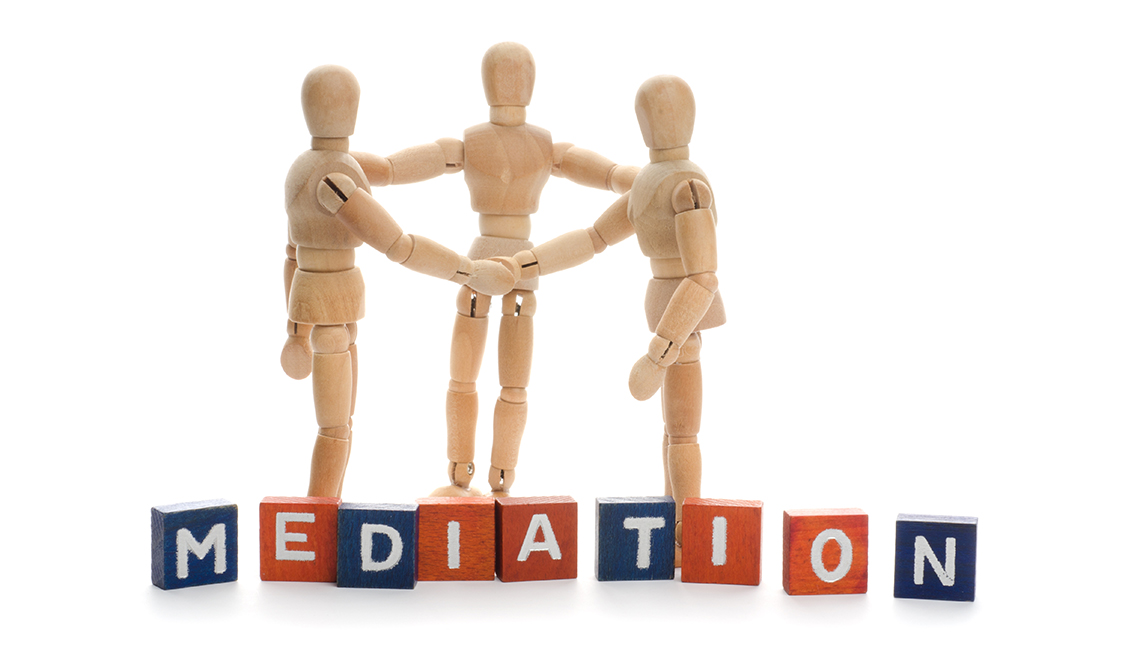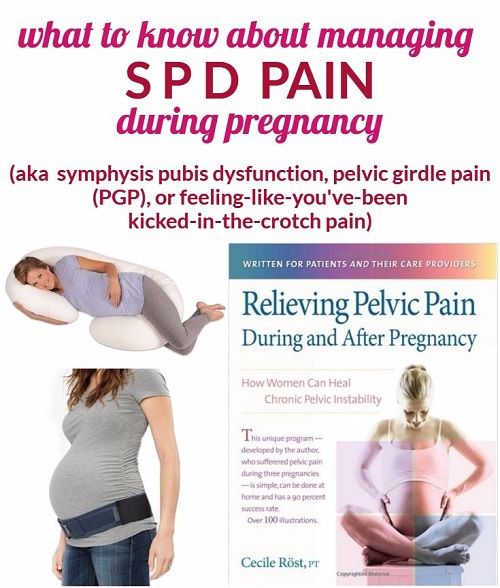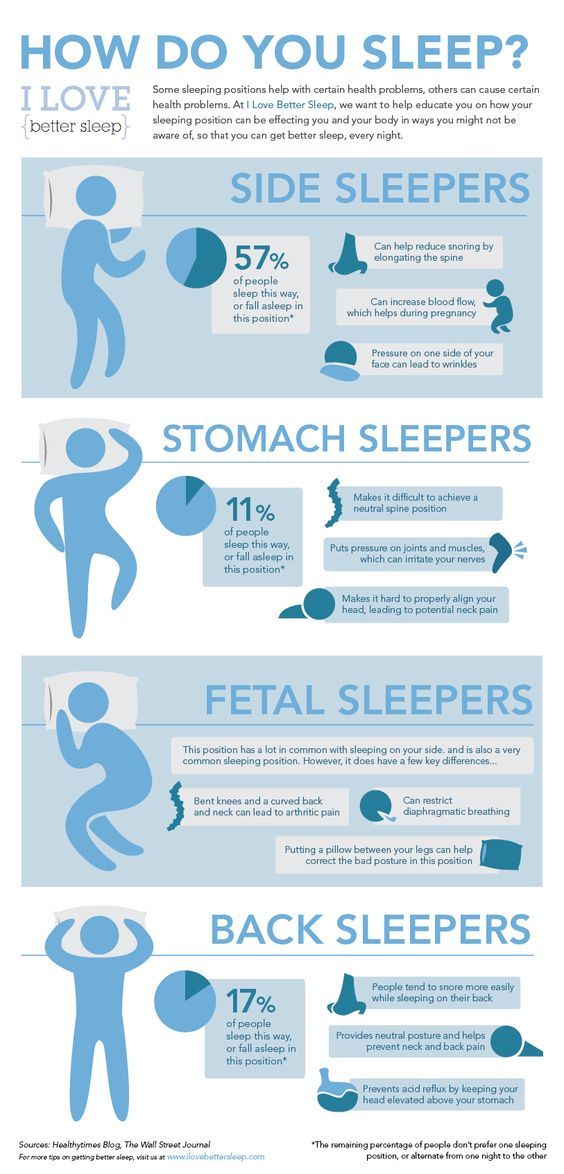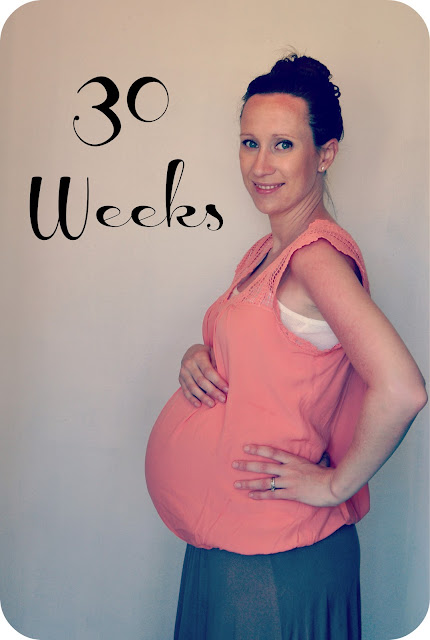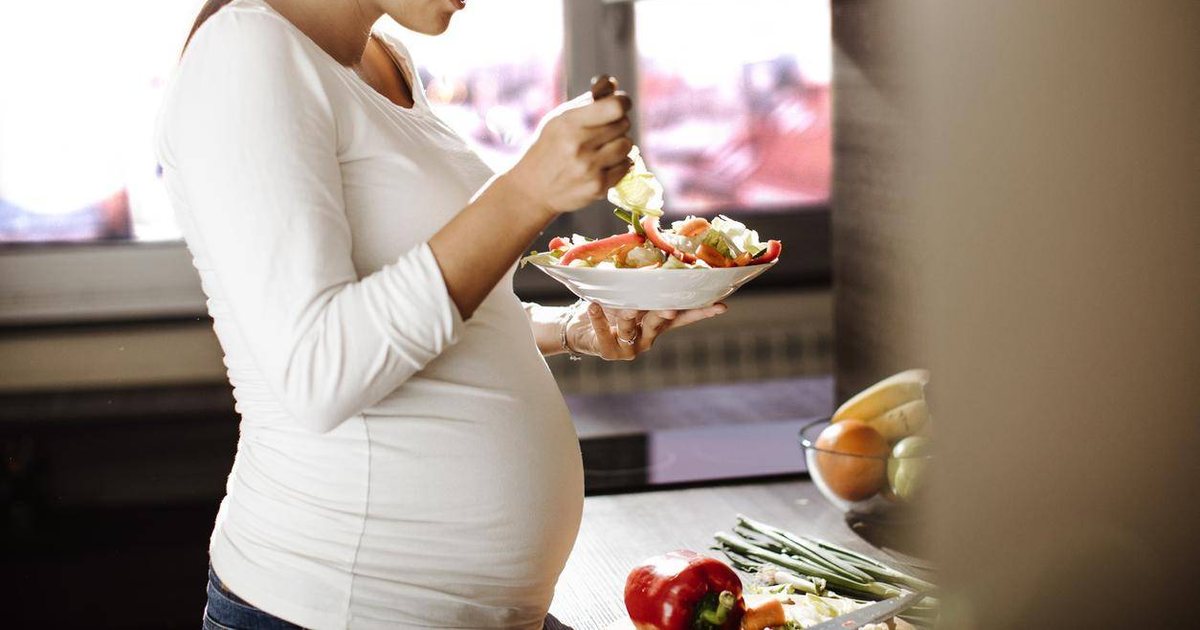So tired pregnant
The Most Tired You've Ever Felt
Growing a human is exhausting. It’s as if a magical spell was cast the day your pregnancy test came back positive — except Sleeping Beauty’s fairy didn’t gift you with 100 years of rest and true love’s kiss is what got you into this.
If only you could sleep more…
It’s completely normal for a pregnant woman to feel fatigued, especially during the first and third trimesters.
Somewhere between morning sickness and elastic waistbands, Little Bo-Peep has lost your sheep (she probably sold them to Sleeping Beauty) and there are none left for you to count to sleep.
One of the first signs of pregnancy is fatigue. It smacks you by surprise, like the sliding glass door you assumed to be open.
Beginning as early as conception and implantation, pregnancy hormones instantly affect your body, mood, metabolism, brain, physical appearance, and sleep pattern.
In the second trimester, which begins at week 13, many women get a fresh surge of energy. This is a great time to tackle those important before-baby-arrives chores, because as you enter the third trimester, which begins at week 28, that extreme exhaustion returns.
Simply put, you feel tired because you’re growing a baby.
In addition to hormonal changes, physical and emotional changes also lower your energy levels and make you feel fatigued.
Some of these changes include:
- increased levels of estrogen and progesterone (which, by the way, acts as a natural sedative)
- lower blood pressure and blood sugar
- increased blood flow
- disrupted sleep
- digestion issues
- morning sickness
- stress and anxiety
- frequent urination
- heartburn
- back, hip, and pelvic pain
When to contact your doctor or midwife
If insomnia, restless legs syndrome (the uncontrollable urge to move your legs while resting), sleep apnea (a potentially serious disorder in which breathing repeatedly stops and starts), preeclampsia, or any other condition is hindering your sleep, talk to your doctor or midwife during your next appointment.
Other reasons to contact your doctor or midwife include, if you:
- feel concerned that the pregnancy fatigue is a sign of something more, like anemia, gestational diabetes, or depression
- develop any changes in your vision
- experience dizziness
- urinate less frequently
- have shortness of breath, pain in your upper abdomen, or heart palpitations
- experience severe headaches
- notice a swelling of your hands, ankles, and feet
Your healthcare practitioner can help you uncover any problems and offer additional solutions.
Growing a baby obviously takes a toll on your body. Don’t ignore the signals your body is sending you. Reach out to others if you’re struggling to sleep throughout your pregnancy. Ask for help from your partner.
No matter how tired you get, you should avoid taking any over-the-counter medicines as a sleeping aid.
Most pregnant women should spend at least 8 hours in bed, aiming for at least 7 hours of sleep every night. If possible, try going to sleep a little earlier than usual.
If possible, try going to sleep a little earlier than usual.
As your body changes, make sleep a priority and follow these tips to combat pregnancy fatigue:
Keep your bedroom dark, clean, and cold
Create the right atmosphere for optimal rest.
In order for your body to reach deep sleep, cover any windows with blackout curtains. Turn off any digital clocks and unplug nightlights illuminating a glow (cover the display with electrical tape if you don’t want to completely turn the device off).
Set the bedroom temperature a little cooler than the rest of your home, for optimal quality of sleep. Eliminate any needless clutter and wash your bedsheets often. Save your bed for sleep, cuddling, and sex.
Take a nap
Napping can make up for any sleep lost at night, due to frequent trips to the bathroom, body aches, and every other pregnancy irritation. Avoid napping in the late afternoon and early evenings.
If your employer frowns upon nap time, find a good spot in the breakroom and put your feet up while you eat lunch.
Eat healthy meals and stay hydrated
In the beginning, pregnancy can also lower your blood pressure and blood sugar, which can make you feel tired. But a lack of sleep can cause your blood sugar levels to rise, increasing the risk for gestational diabetes.
Keep your blood sugar and energy levels balanced by eating often, such as six small meals a day. Frequent meals that are high in nutrients and protein help to combat fatigue.
To avoid nighttime leg cramps, stay hydrated by drinking enough water and fluids throughout the day.
Keep a pregnancy journal or dream diary
Keep a journal throughout your pregnancy. If you’re feeling anxious or stressed, try writing in it.
Pregnant women experience more vivid dreams and better dream recall, due to hormonal shifts affecting sleep patterns, increased fatigue, and repeatedly waking in the middle of a sleep cycle.
Sleep diaries can also be enlightening, providing concrete data about your bedtime, how long it takes for you to fall asleep, nighttime awakenings, awake time, and sleep quality.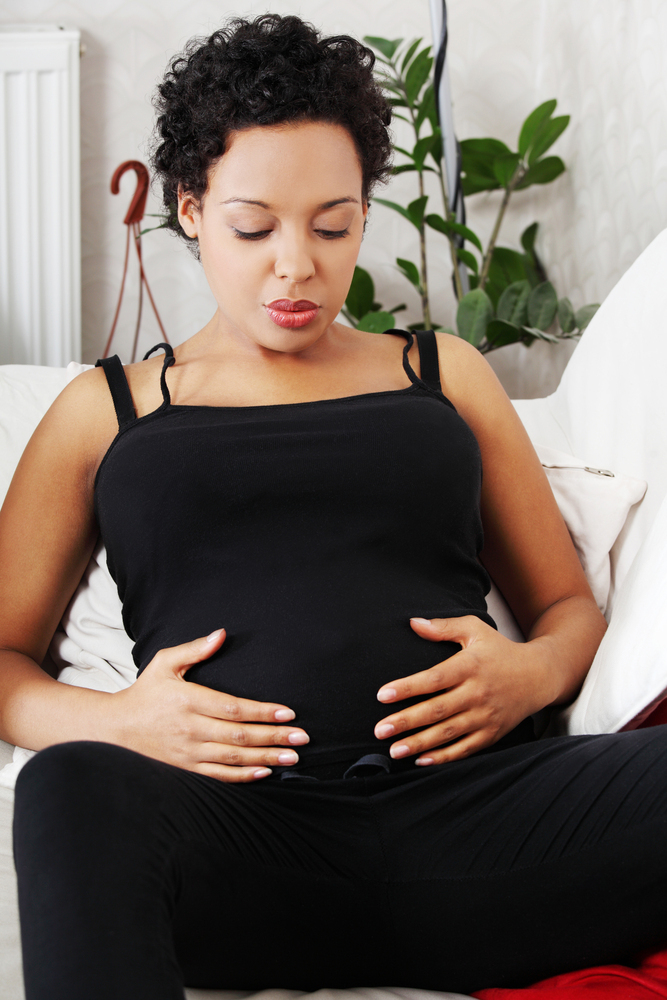
Avoid caffeine after lunchtime
As far as stimulants go, caffeine may keep you awake long into the night or cause you to wake more frequently. It can also keep your baby active, kicking and rolling around inside your belly as you try to sleep.
Experts recommend pregnant women limit their caffeine intake to two home-brewed cups of coffee, or less than 200 milligrams, per day.
Pamper yourself
Ask for help from family and friends. Take a warm bath. Ask your partner for a massage. Take a break.
Wear soft, non-restrictive clothing and sit in a cozy chair with a good book and read for a little bit. Light a lavender candle. Play soothing instrumental music. Have a cup of warm chamomile tea.
You get it.
Exercise
The demands of pregnancy together with the weight gained puts an enormous amount of pressure on your body.
In addition to more restful sleep, The American College of Obstetricians and Gynecologists states the following benefits of exercise during pregnancy:
- reduced back pain
- eased constipation
- decreased risk of gestational diabetes, preeclampsia, and cesarean delivery
- healthier weight gain during pregnancy
- improved overall general fitness
- strengthened heart and blood vessels
- improved ability to lose the baby weight after your baby is born
It can take a few hours for your body to fully wind down after energetic workouts, so plan for any physical activity to take place earlier in the day. If the exercise is light, like yoga, it’s unlikely to interfere with your sleep.
If the exercise is light, like yoga, it’s unlikely to interfere with your sleep.
Always check with your medical practitioner or midwife before beginning a new exercise program during pregnancy.
Pregnancy can be a tiring experience — both emotionally and physically. It’s important to remember: You are not alone.
Nearly all women experience more fatigue than usual at some point during their pregnancy. Take it as a message from your body. It’s telling you to rest, and you should definitely listen.
Pregnancy: Can Fatigue Be a Sign of a Health Problem?
Are you dragging these days? Does a nap sound fantastic right now?
Life can be exhausting at times, but especially when you’re pregnant. It’s totally normal to have some degree of fatigue right now—you are growing a human inside of you!
“Fatigue may be one of the most common first symptoms of pregnancy a woman experiences,” said Kelley Saunders, MD, an OBGYN at Banner – University Medicine Women’s Institute in Phoenix, AZ. “It is very common and quite significant in the first trimester. For many women, this improves in the second trimester and returns in the late third trimester.”
“It is very common and quite significant in the first trimester. For many women, this improves in the second trimester and returns in the late third trimester.”
Although it’s common among pregnant women, you may still wonder why.
Why does pregnancy make you so tired?
The biggest reason: It’s hard work making a baby and it can be taxing to your body. “Your body has to adjust to maintain your health and the health of the baby inside of you,” Dr. Saunders said. “The physiologic changes and increased metabolic demand start in early pregnancy and can continue even after childbirth while breastfeeding.”
Beginning somewhere between conception and implantation, pregnancy hormones kick in – affecting your body, mood and sleep. During the first trimester, you may also experience morning sickness, frequent nighttime bathroom breaks and leg cramps, which can leave you feeling pretty tired.
Then starting around your second trimester, you may start to get a little pep in your step. You may start to feel more like yourself again. But don’t be alarmed if you are still pretty exhausted—especially if you have other children to care for. Fatigue is still possible during the second trimester.
You may start to feel more like yourself again. But don’t be alarmed if you are still pretty exhausted—especially if you have other children to care for. Fatigue is still possible during the second trimester.
In late pregnancy, you’ll most likely begin to feel tired again. At this point, your baby has grown quite a bit and is putting more physical demands on your body. You’re carrying around extra weight and it’s more difficult to get comfortable when you sleep. Add in leg cramps and heartburn, and sleep becomes even more elusive.
When is pregnancy exhaustion not normal?
While exhaustion is a common symptom of pregnancy, extreme fatigue is not normal and may be a sign of an underlying health condition. Dr. Saunders said you should see your health care provider if your fatigue is severe and persistent.
“A sudden onset of exhaustion and continual symptoms may be a sign of abnormal fatigue,” she said. “When fatigue is associated with fever, chest pain, difficulty breathing or an inability to perform routine daily activities, you should see your OBGYN for evaluation. ”
”
Some of the potential underlying causes for your fatigue both during and outside of pregnancy may be due to the following:
- Gestational diabetes: Your body may become resistant to insulin during pregnancy, which can cause you to feel very tired. Other symptoms include extreme thirst and frequent urination.
- Anemia: A lack of iron can cause you to have an insufficient number of red blood cells to transport oxygen to your tissues and can cause you to feel tired, lightheaded and weak.
- Infections (viral, bacterial or fungal): Being pregnant can make you more vulnerable to infections, such as urinary tract infections, which can make you fatigued.
- Thyroid problems: Having too much or too little thyroid hormones can cause you fatigue, along with fluctuations in your weight, irritability and depression.
- Prenatal depression: Feeling tired all the time can also be a side effect of depression. Other symptoms may include sadness, feelings of hopelessness and an inability to complete daily tasks or activities.

If you’re in need of a health care provider or have questions or concerns, you can find a Banner Health specialist at bannerhealth.com who can help.
Have a happy, healthy pregnancy
For helpful tips to boost your energy and stay healthy throughout your pregnancy, check out the following posts:
- 5 Tips for a Happy and Healthy Pregnancy
- Pregnant and Hungry? A Guide to Eating Right
- Prenatal Screening Tests to Expect Every Trimester
- Driving While Pregnant: Common Questions Answered
- Is a Headache During Pregnancy Something to Worry About?
Women's Health Pregnancy
Join the Conversation
Why pregnant women do not get enough sleep | Shchotizhnevik PHARMACY
Pregnancy is a difficult period for the female body. Physical discomfort and emotional stress can lead to sleep disturbances such as waking up in the middle of the night.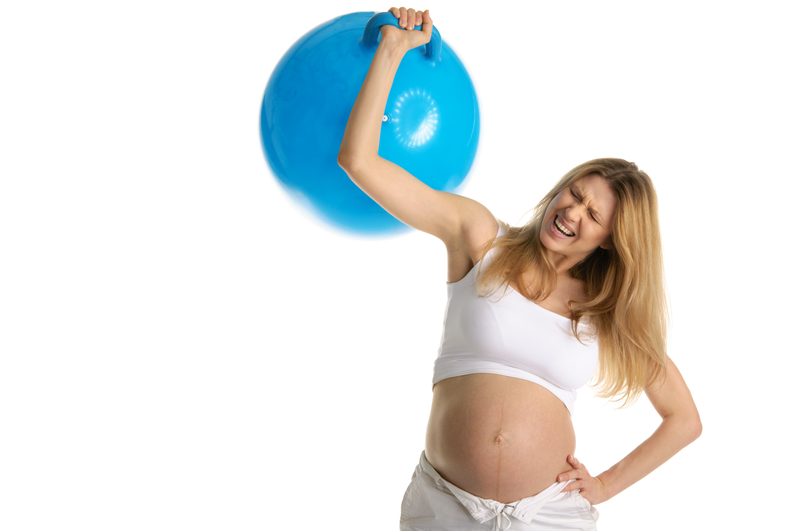 Fatigue is a common complaint among women in the first and third trimesters of pregnancy, said Kathy Lee, professor of nursing at the University of California, USA. At this time, you should be especially attentive to your need for healthy sleep.
Fatigue is a common complaint among women in the first and third trimesters of pregnancy, said Kathy Lee, professor of nursing at the University of California, USA. At this time, you should be especially attentive to your need for healthy sleep.
Everyone knows the expression that a pregnant woman should "eat for two", in scientific circles there is an opinion that she should also "sleep for two". Pregnancy can affect not only the duration of sleep, but also its quality. Since falling asleep can be difficult during this period, experts recommend that pregnant women spend at least 8 hours in bed to get at least 7 hours of sleep.
Scientists have found that sleep deprivation during pregnancy can lead to fatigue, irritability and impaired concentration. A scientific study found that women who experienced sleep deprivation during their first pregnancy were 4.5 times more likely to have a caesarean section than pregnant women who slept at least 7 hours a day. The average duration of labor among pregnant women with sleep deprivation was 10 hours or more, and for women with sufficient sleep duration - 7 hours.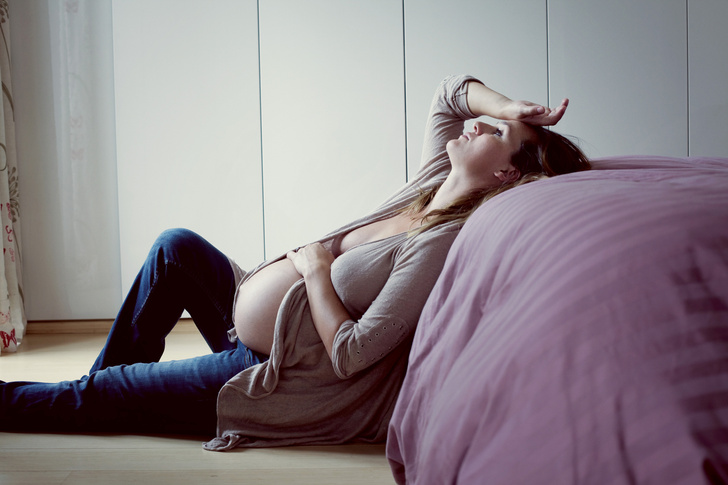
Pregnant women should go to bed earlier as their bodies need extra rest, the scientists noted. Carrying a child requires an extreme expenditure of energy. The growth of the fetus and placenta is provided by the resources of the female body, which can lead to fatigue. In addition, one of the causes of fatigue is emotional worries about future motherhood and childbirth.
Sleep disturbances can occur at different stages of pregnancy. Some of them can be prevented by following simple recommendations from scientists.
I trimester of pregnancy. In the first months after conception, the level of progesterone rises sharply, which not only leads to a feeling of drowsiness, but can also cause frequent urination, disrupting nighttime sleep and making it difficult to fall asleep. To cope with this problem, scientists recommend reducing the amount of liquid consumed in the evenings. It is best to replenish the water balance in the body in the first half of the day so that the urge to go to the toilet does not interfere with sleep at night.
Another factor in sleep disturbance during pregnancy is nausea, which can occur at any time of the day. To prevent its occurrence in the morning, immediately after waking up, you should eat a few crackers or crackers, scientists say.
For healthy sleep, it is important to choose the right posture. A pregnant woman may experience discomfort and soreness in the area of the mammary glands, so you should abandon the idea of sleeping on your stomach.
The acceleration of metabolic processes can lead to an increase in body temperature during sleep in pregnant women. In this case, adjust the temperature in the bedroom accordingly. If a pregnant woman did not manage to sleep during the night, she should definitely take a nap in the daytime, the scientists noted.
II trimester of pregnancy. At this time, a pregnant woman may feel better than in previous months, as the pace of change slows down somewhat. But during this period, leg cramps may occur at night, especially in people with anemia. Often the only way to relieve discomfort in the legs is walking, but this interferes with sleep.
Often the only way to relieve discomfort in the legs is walking, but this interferes with sleep.
The fetus grows and over time can press on the stomach, sometimes leading to heartburn. In this case, scientists recommend that pregnant women sleep on their left side with bent knees, and also position their heads as high as possible.
III trimester of pregnancy. Many women report that in the last months of pregnancy, the quality of their sleep deteriorates, they wake up more often at night and in the morning, and fall asleep worse than in the second trimester. The woman's belly increases, and the fetus becomes more active, so pregnant women are advised to choose a comfortable sleeping position. But at the same time, you should not sleep on your back, since a heavy fetus can put pressure on large veins and nerves in the spine. Experts recommend sleeping on your left side during this period and using pillows. For increased comfort, they can be placed between the knees, under the stomach and behind the back.
Healthy sleep has a positive effect on overall well-being and mental health, so experts recommend paying enough attention to it during difficult periods of life, especially during pregnancy.
Based on materials from www.livescience.com
What you need to know for a happy pregnancy: advice from Lesya Ryabtseva
Lesya Ryabtseva
Journalist, blogger. Facebook profile*.
During my pregnancy I read so many horror stories that I don't wish this on others. And it’s better to tell about my discoveries and experiences, so that someone is not so lonely. And I’ll also tell you all this with humor, of course, so that it’s not only not scary, but even fun. Most of all, during pregnancy, I lacked a feeling of lightness and someone’s support: they say, you’re human, don’t piss, that’s all bullshit. But there are more than enough intimidation, unsolicited advice and criticism. So read on and don't be afraid. I went through it, and you will too.
Pregnancy is not a disease
And you are not crazy.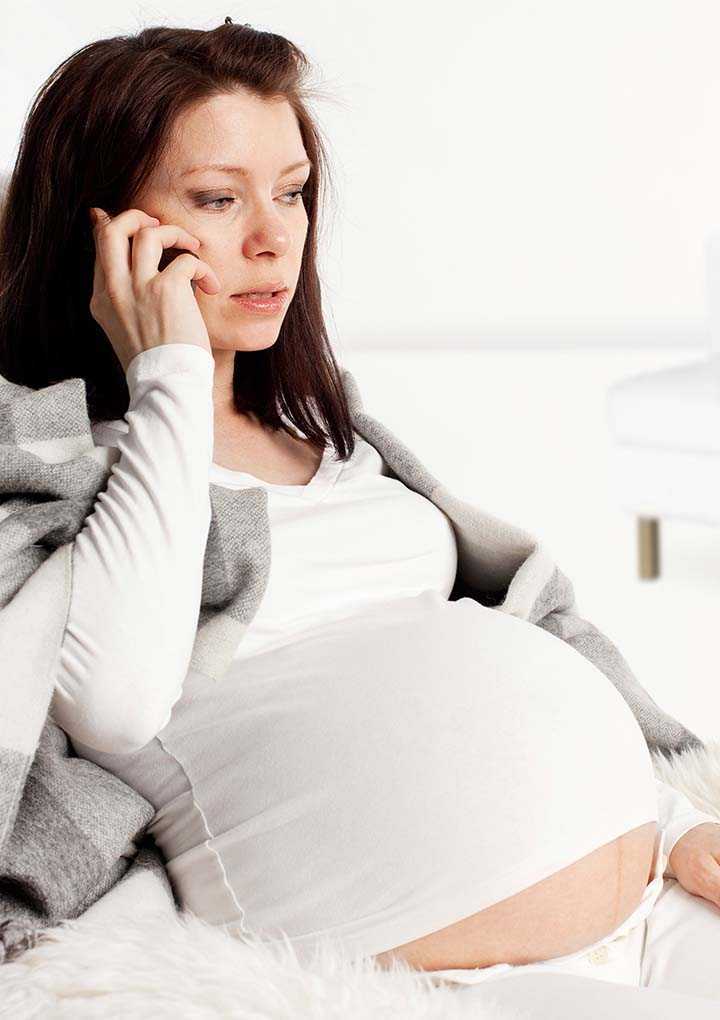 Please remember this. With pregnancy, inadequacy, insanity, impotence, disability and lack of independence do not come to you. Some acquaintances, after they found out about my situation, really began to lead me by the arm.
Please remember this. With pregnancy, inadequacy, insanity, impotence, disability and lack of independence do not come to you. Some acquaintances, after they found out about my situation, really began to lead me by the arm.
Yes, you become more capricious, more frightened, or something, you want more affection and support. And this is normal, because hormones wash over you in waves, the environment presses, your own fears and insecurities do not allow you to sleep normally at night.
Once again: pregnancy is normal, not fatal, and, most importantly, temporary.
In general, this idea about temporality is very important. You need to remember this, both when you are tired and something is wrong, and when, on the contrary, everything is fine. Enjoy the moment of pregnancy as much as possible and do not focus on the negative.
Everything that a pregnant woman wants is the law
Although there is cement, this is already strange, and it is better to tell the doctor about this desire. By the way, this desire to devour something like that is called picacism, or parorexia, or allotriophagy. Read about it and you will understand that, again, there is nothing strange and unnatural in this. If only there was no volvulus of the intestines.
By the way, this desire to devour something like that is called picacism, or parorexia, or allotriophagy. Read about it and you will understand that, again, there is nothing strange and unnatural in this. If only there was no volvulus of the intestines.
Stick to the rule that, if you really want to, then nothing bad will happen from one piece. And in general, give yourself a discount - you are pregnant.
I'm not saying that you can eat everything, fill it with alcohol and smoke like a locomotive. And there is no need to justify gluttony with pregnancy either. And such reasonable prohibitions as not eating raw meat and fish (although some doctors still allow sushi) exist for a reason.
I had to give up peanuts, chocolate, many dairy products, cherries, tangerines, bananas, strawberries and a dozen other products, not because of the advice of doctors or a strange diet, but because otherwise terrible allergies, rashes and heartburn would set in.
I followed the rule that if I want the same things that I would want without pregnancy, then everything is in order. And for all 9 months, I not only didn’t gain “excess”, but I also never faced the fact that I wanted something unusual and in gigantic volumes. Everything is the same that you want during PMS and menstruation. Ice cream, soda, marmalade, spicy.
Anxiety is contagious
Run away from anyone and everything that makes you worry. Yes, I don’t want to seem rude, and in general, how is it possible to interrupt communication with someone. But it is necessary, believe me. I stopped communicating with anxious pregnant girlfriends, anxious non-pregnant but experienced acquaintances, anxious overprotective relatives...
If there was another way, I would take it. But I had no choice - neither a request, nor a remark, nothing helped to establish contact. I continued to be besieged with opinions and advice, and I continued to worry. This, of course, affected my mood, and my well-being, and my relationship with my husband, which again affected my well-being, and so on in a circle.
The most important thing for me during pregnancy was my condition and the health of the baby, and not social ties. Whoever needs it will understand and draw some conclusion. And who doesn't - well, thank you. You are not on the priority list. Now the priority is the baby.
Your body will change, and you won't predict exactly how
You can read about it, listen to the stories of experienced people, sit on forums, but no one will ever feel these changes in the same way as you, and for you. You may be warned about one thing, but not told about another. Not because they didn’t want to or forgot, but simply because every pregnancy goes its own way. This is a small individual story within the same individual life. There are similarities, there are diagnoses, but still we are different. Everyone has their own perception, and what one does not notice can be a disaster for another.
I was extremely emotional and sensitive even before pregnancy. Therefore, early (relative to the medical "norm") I felt the first kicks of the baby, suffered from heartburn due to lack of sleep and diet, and because of laughter I vomited. But at the same time, I easily overcame swelling and shortness of breath, jumped like an antelope while gaining weight, flew an airplane from the beginning of pregnancy until the 35th week ... In short, everything is individual and, yes, only partly predictable.
But at the same time, I easily overcame swelling and shortness of breath, jumped like an antelope while gaining weight, flew an airplane from the beginning of pregnancy until the 35th week ... In short, everything is individual and, yes, only partly predictable.
Life does not end - do what you are used to
As I said above, I flew by plane at all stages of pregnancy. Of course, after consulting with a doctor and being confident in your condition. I worked until the very contractions and was not going to go on maternity leave, which every third asked me about (by the way, it infuriates me). I'm used to a mobile lifestyle and I don't understand why and how a baby can interfere with this.
Of course, I had to give up active, or rather extreme sports, I could not go on a yacht trip with my husband, and I needed to sleep and eat much more than usual. But everything else is the same. In the end, a child should see and know a happy mother, and I won’t be happy without my usual and favorite things. If you are used to running, then consult a doctor, and if your health is in order, run further. I remember how I was sobered by videos of pregnant women pulling weight with heavy dumbbells and surfing a wave.
If you are used to running, then consult a doctor, and if your health is in order, run further. I remember how I was sobered by videos of pregnant women pulling weight with heavy dumbbells and surfing a wave.
Yes, awareness and responsibility for the life of another person is added, but your life is not interrupted.
Different doctors are needed, different doctors are important
I'm going to say a terrible thing (oh my god), but doctors can be wrong. Yes, how dare I. But to doubt someone else's opinion, even a doctor's one, is normal.
The first gynecologist from a private clinic assured me that I:
- are not pregnant at all;
- I have a tumor and need surgery;
- There is no need to take tests, because she is 99% right, and leaves the last percent to God.
Thank you, at least I left this percentage. Another gynecologist also denied the pregnancy of a couple of our friends and generally said that they were incompatible and would never be able to have children together.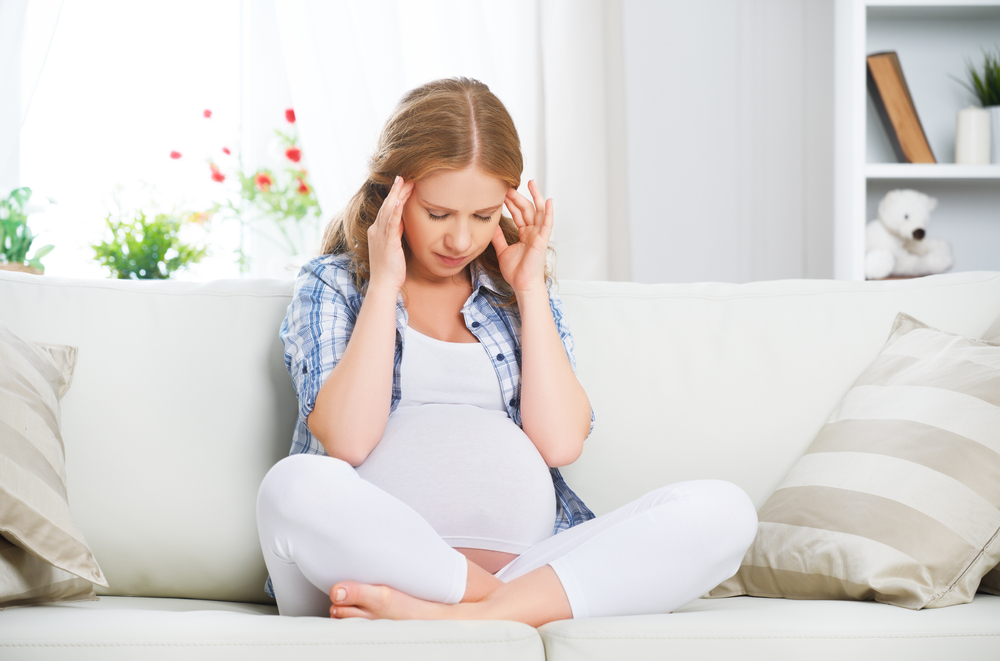
Ask for a second opinion, go to consultations with different specialists, listen to your inner voice. Of course, the doctor has education, experience and authority, but you also have to live with the decision made and be responsible for it.
In the end, following the doctor's instructions and whether to go to the doctor at all is your decision from the very beginning, no one is forcing you. They warn you about risks, write prescriptions and refer you to procedures, but in the end it's all you, all yourself.
How many times during my pregnancy have I been prescribed a terrible heresy, from which at least there was absolutely no effect, and at most it got worse. How often the doctor could not answer the question: "Why is this necessary?" And how many times during my pregnancy I heard unscientific obscurantist nonsense from doctors, I don’t even want to remember.
And no, don't talk about the fact that I went to provincial clinics and it was my own fault. All the doctors I signed up for had a specialized education, which speaks of the quality of it in our country, and some had dissertations, many years of experience behind them, conferences, research, and others like them.
All the doctors I signed up for had a specialized education, which speaks of the quality of it in our country, and some had dissertations, many years of experience behind them, conferences, research, and others like them.
Of course, not all doctors are terrible. I'm talking about the fact that it is important to find out for yourself, be interested in and understand that only you bear real responsibility for your health and for the condition of the child.
Hypotheses need to be backed up with a foundation of knowledge
This applies to what is written above, and to what you hear from friends, and to what will seem to you yourself.
Here I'll just leave the most "brilliant" opinions and advice that people almost passed by gave me.
The seller of dried fruits said that pregnant women should not drink churchkhela. It turned out, as I later read from the Internet, it is not advised to eat it because of the starch in the composition. Point one: why the dried fruit salesman decided that I needed his advice. Point two: believe me, nothing will happen to you from one churchkhela (unless, of course, you are allergic to the ingredients).
Point two: believe me, nothing will happen to you from one churchkhela (unless, of course, you are allergic to the ingredients).
The landlord advised me not to put my hands up - he saw me reach for a jar of spices standing on the top shelf. It's good that the moment when I put things in order on the mezzanine went unnoticed. I never received any arguments from the owner of the apartment, it was something like: “I already have three, I know better.” The Internet also reports that raising hands is dangerous because the baby can wrap around the umbilical cord. Surprisingly, according to the same principle of moving the hands to the sides, she does not tie sea knots on the umbilical cord.
I will leave without a deep analysis the most banal prejudices: for example, about the fact that a pregnant woman should not cut her hair.
I don't mind getting good advice, even if it's unsolicited. But I want a person not only to carry some kind of heresy, but at least somehow explain why this is so, and not otherwise.
No one knows better than you
If you think you need to get tested every two weeks, you want to give birth by caesarean section, and after birth the baby has to sleep in bed with you, you will wear it in ergo backpack, and bottle-feeding with formula is your choice.
If you're sure it's better/more comfortable/quieter, then it is.
Do not listen to anyone except those whose opinion you trust. Better yet, learn different opinions and add up your own. To each his own, every child is different. And only you can know what is right for you.
Support and support is essential
You can't do without it. It can be a doctor, sister, mother, girlfriend, friend - anyone! It was my husband. It was he who protected me from the influence of others, endured and fulfilled whims, reassured me and showered me with gifts. Without my husband, I certainly would not have coped. And now I understand that without a person who is always on your side, it will not only be difficult for you, but unbearable. After all, for pregnancy you need to make so many decisions, so much responsibility, to understand a lot of knowledge. Without someone to help you not go crazy, this is extremely difficult.
After all, for pregnancy you need to make so many decisions, so much responsibility, to understand a lot of knowledge. Without someone to help you not go crazy, this is extremely difficult.
It is also important to remember that this person needs gratitude and feedback. He takes care of you, gives affection and care, which means that he himself must replenish these reserves somewhere. Give thanks, remember his needs, note how important he is.
Seek care, avoid bullying
Some midwives who advocate natural pregnancy and natural birth have a theory about bullying and bullying. It is difficult to distinguish one from the other, but I am sure pregnant women will understand me. There are such “caring” ones, after whose words you don’t want to live, let alone give birth. And yes, they justify their behavior with love: they say, we are so worried about you. But, honestly, it would be better not to worry.
Explain to others that instead of telling you that you don't look good, eat little/a lot, wheeze strangely, sniffle and grunt, it's better to tell you that you look very fresh and cheerful and generally do a great job. Instead of saying whether you should walk more or move less, it's better to invite you to the museum or join watching TV shows on the couch.
Instead of saying whether you should walk more or move less, it's better to invite you to the museum or join watching TV shows on the couch.
And you yourself don't instill fear in your fellow moms - they, just like you, devour themselves from the inside with doubts.
No one torments themselves as much as pregnant women, you don't know. Better stay in one group. Once a woman came up to me, stroked my shoulder and said: “You are gorgeous.” After these words, I was ready not only to move mountains, but even to reach the remaining term, although with edema and extra pounds, this is oh, how difficult.
In fact, the only thought I wanted to convey is that no one will tell you how to be you. You will make your own mistakes, there will be your own disappointments and your own discoveries. It took me time and strong faith of my husband to understand that only I am my own mentor and teacher. After all, I am a mother, and this is not only a role in the life of a child, it is also an internal reconfiguration of myself.
